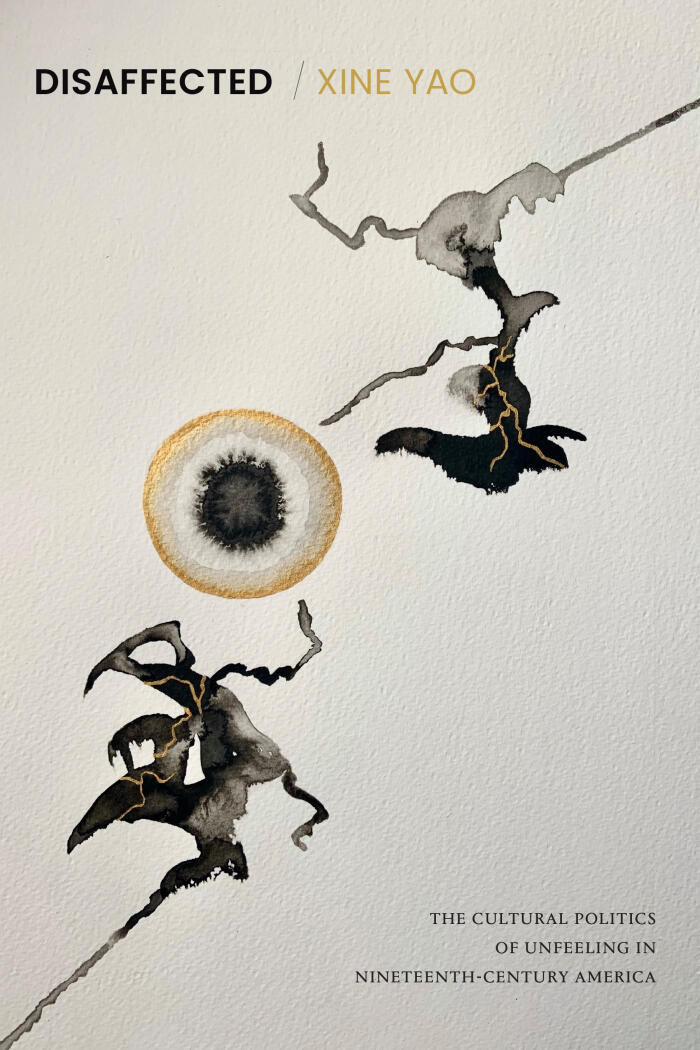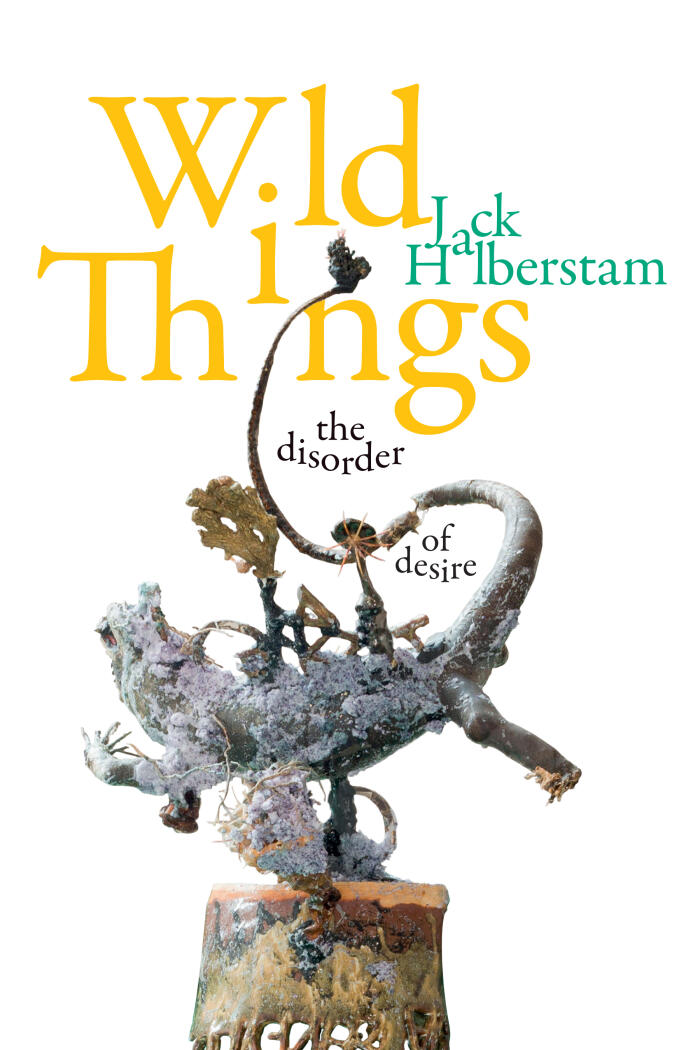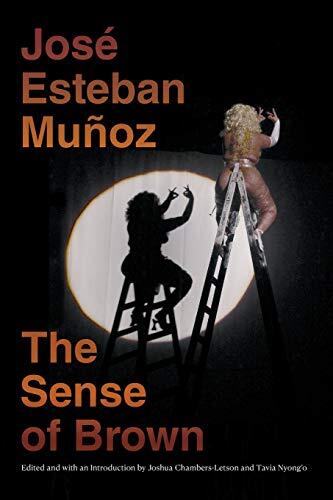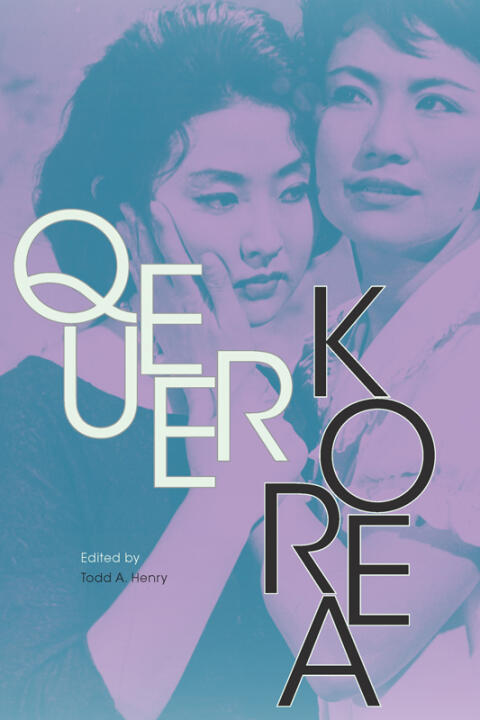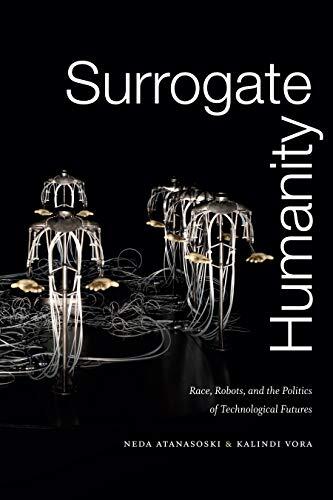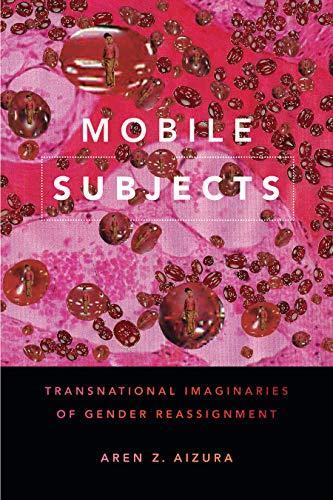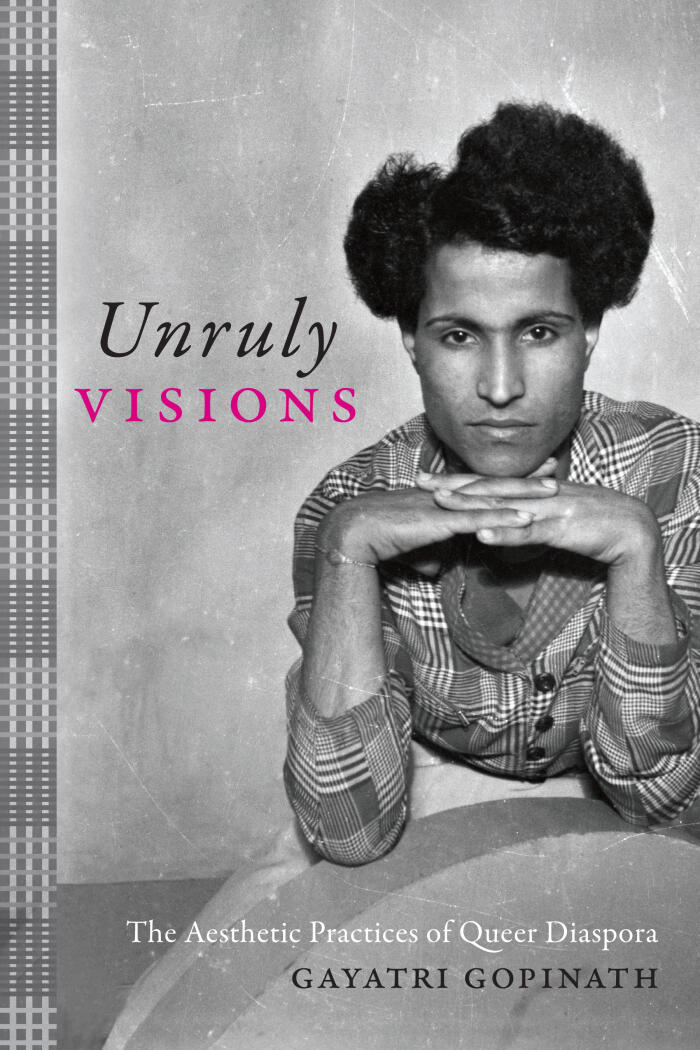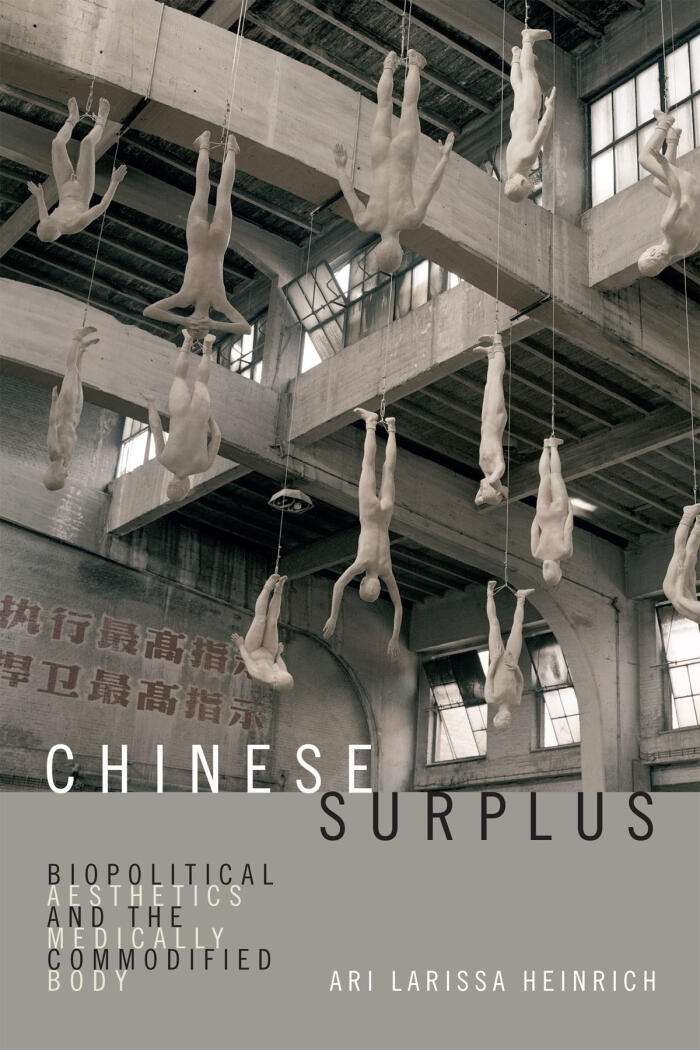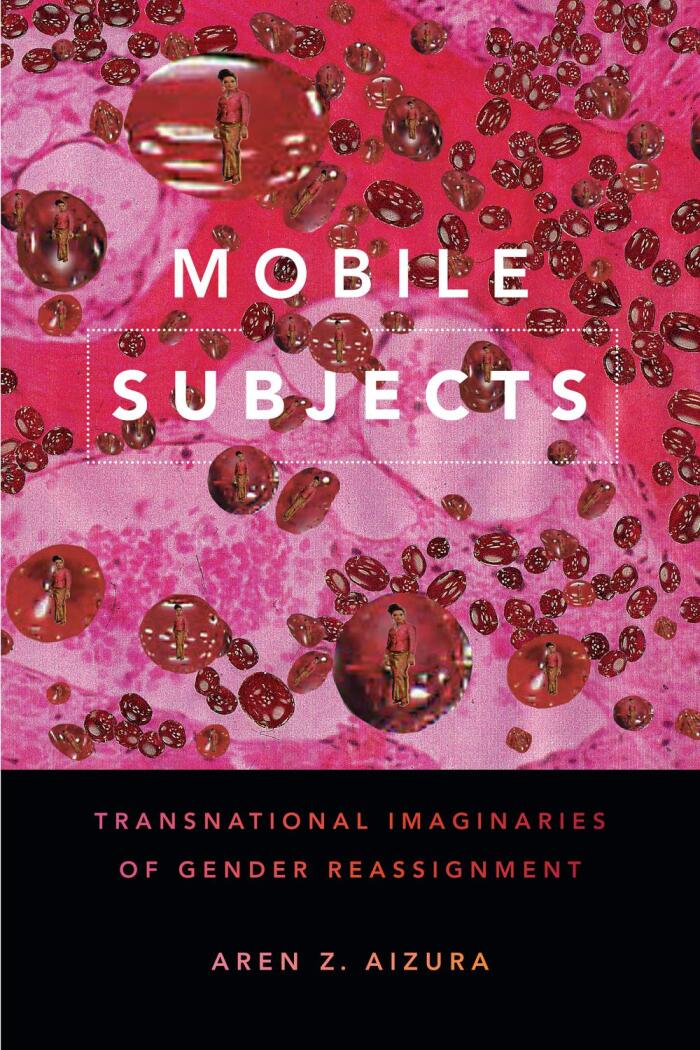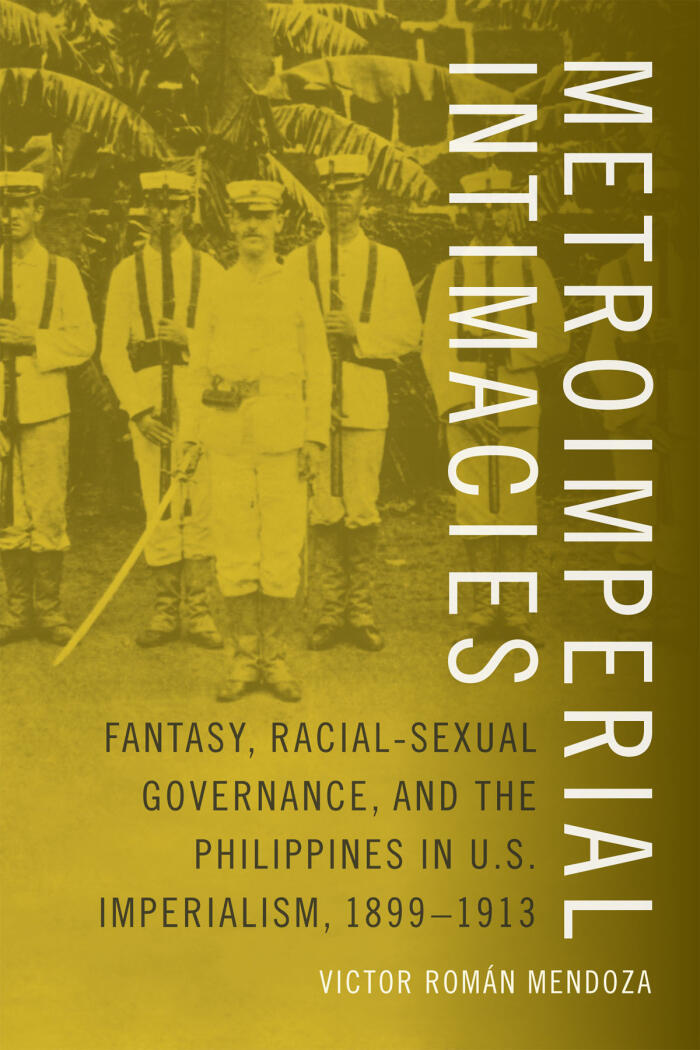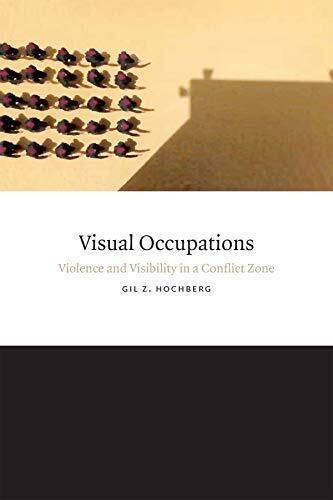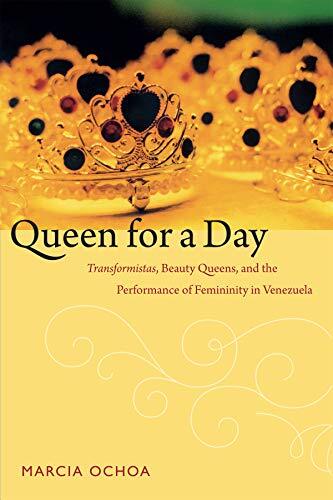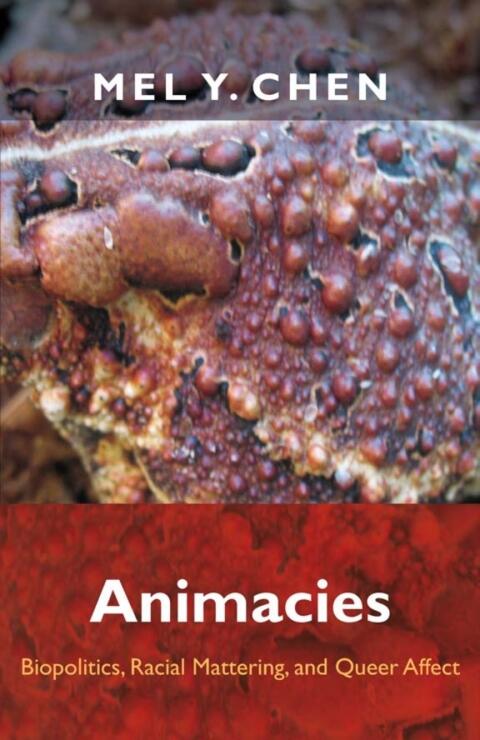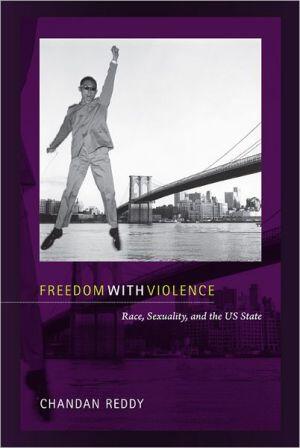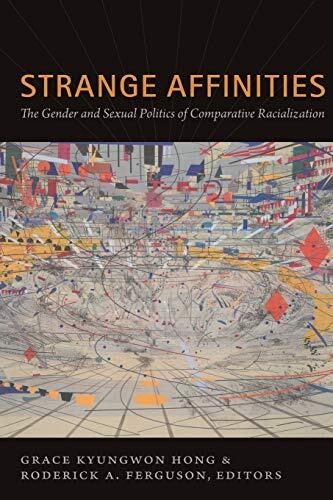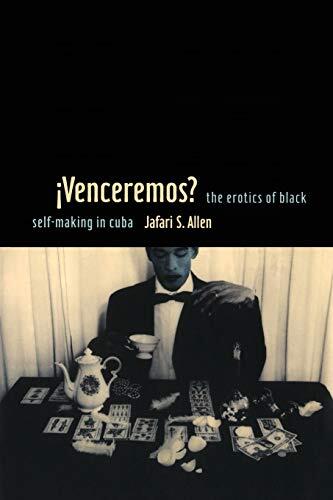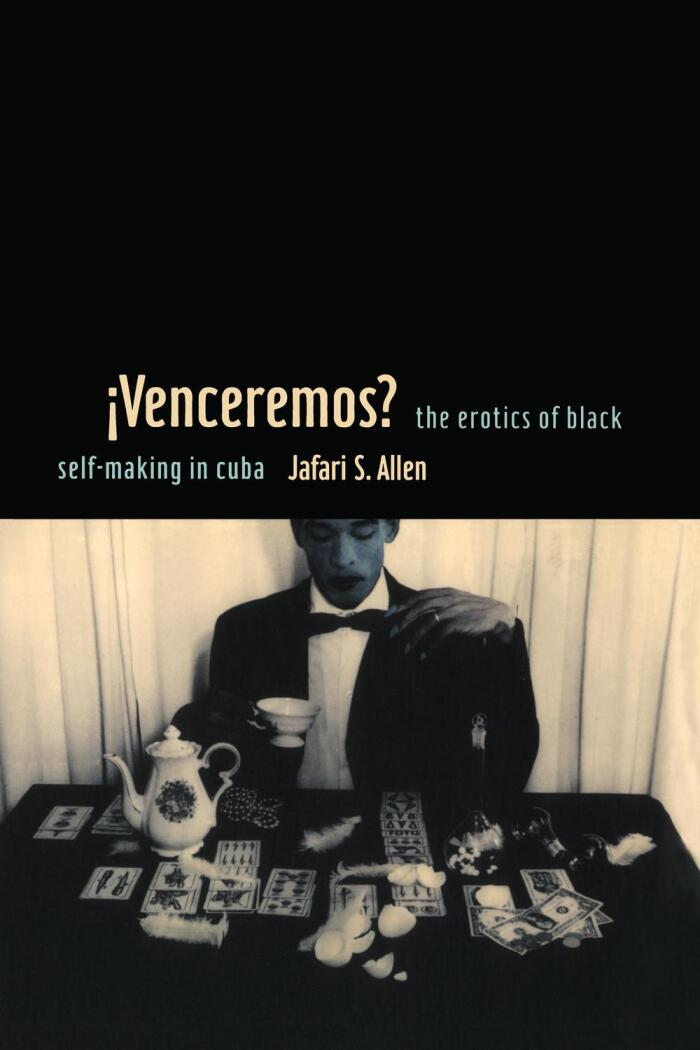
Global Divas: Filipino Gay Men in the Diaspora (Perverse Modernities: A Series Edited by Jack Halberstam and Lisa Lowe) by Martin F. Manalansan IV
بواسطة
Martin F. Manalansan IV
لا توجد تقييمات بعد
LGBTQ+
تنسيق
غلاف صلب
لغة
الإنجليزية
منشور
Jan 1, 1767
الناشر
Duke University Press Books
الوصف
In this compelling ethnography, Martin F. Manalansan IV explores the intricate landscapes of Filipino gay men's identities across the globe. Through personal narratives and rich cultural contexts, the work delves into the experiences of these individuals as they navigate their sexuality amidst various societal norms. The book sheds light on the complex interplay between nationality, race, and sexual orientation, offering a nuanced perspective on what it means to be a Filipino gay man in diverse settings.
Manalansan captures the vibrant lives and struggles of his subjects, revealing how their identities are shaped by both their Filipino heritage and the challenges they face in their diaspora. His insightful observations highlight the ways in which globalization influences personal connections and cultural expressions, weaving together stories of resilience and pride. The ethnography serves not only as a reflection of individual experiences but also as a broader commentary on the evolving notions of masculinity and community in a transnational world.
Overall, this work stands as a significant contribution to the understanding of queer studies, shedding light on the intersectionality of sexuality, ethnicity, and belonging. It invites readers to engage with the dynamic realities of Filipino gay men, encouraging a rethinking of identity and globalization in contemporary society.
Manalansan captures the vibrant lives and struggles of his subjects, revealing how their identities are shaped by both their Filipino heritage and the challenges they face in their diaspora. His insightful observations highlight the ways in which globalization influences personal connections and cultural expressions, weaving together stories of resilience and pride. The ethnography serves not only as a reflection of individual experiences but also as a broader commentary on the evolving notions of masculinity and community in a transnational world.
Overall, this work stands as a significant contribution to the understanding of queer studies, shedding light on the intersectionality of sexuality, ethnicity, and belonging. It invites readers to engage with the dynamic realities of Filipino gay men, encouraging a rethinking of identity and globalization in contemporary society.
